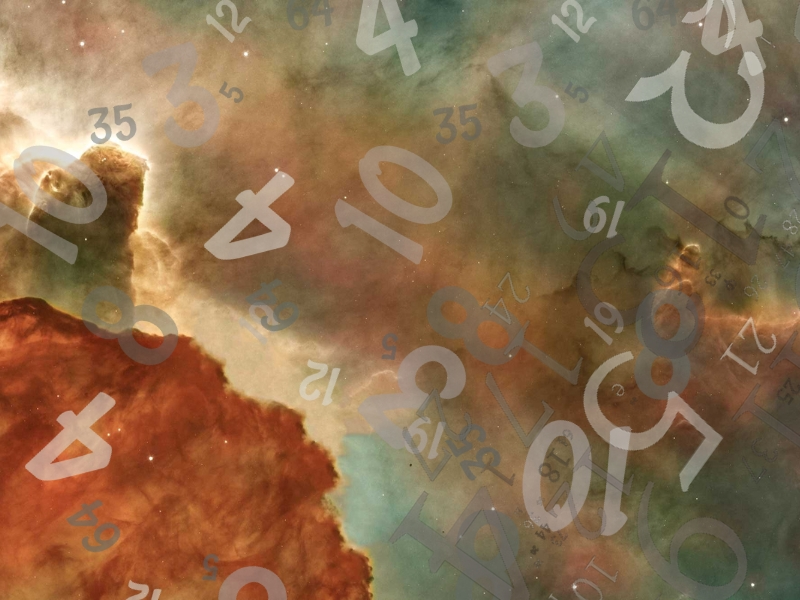Intro: one of the rarest personality types, INFJ, stands for Introversion (I), Intuition (N), Feeling (F), and Judgment (J), all describing the essential but vital traits of the person. This personality type is fascinating for the contradictions and paradoxical features it displays in a person. They are walking examples of life’s irony, which does not make them weaker but add to their quirks and eccentricities. Here are the top traits that make INFJ who they are:
1. Introverted intuition (Ni) and extroverted feeling (Fe):

Ni gives the INFJ a deep, intuitive understanding; they notice/observe the patterns and details, especially others’ behavior and feedback. They tend to predict the person’s response based on the characteristic observations made and analyzed on several previous occasions when they interacted. The intuitive feeling is on a subconscious level and yet so dominant that it shows up almost untriggered and is always working. The extroverted feeling comes into play with the intuitions concerning the people they are a part of. It allows the INFJ to mold their behavior to fit the person they interact with.
2. Assertive Vs. Turbulent:

Assertive (INFJ-A) and turbulent (INFJ-T) branch off from the same type but can have different approaches to life. While assertive advocates confidence, relaxed and affirmative attitude, the turbulent displays doubt, flimsy attitude, and sensitivity towards others. Assertive advocates are more capable of managing stress. However, the turbulent type is reactive to the stressors. They also have a different tact when facing life problems. At the same time, the assertive type is hopeful when faced with injustice or difficult issues; the turbulent type has a habit of exaggerating the factors that caused them trouble. The turbulent types do not feel that they are in control of the situations, while assertive types are able to take hold of the issues on their own. You may conclude that the turbulent class is led by passion and instinct, but the assertive trust their practical approach and positive attitude.
3. Introvert and extrovert:

With limited Introversion, INFJs are just as much an extrovert. Their personality swings to and fro, and it is hard to keep up with them. You might think that they have a social battery that they need to recharge before and after any social event. They struggle to open up and can form only a limited number of meaningful relationships that they developed with just as much difficulty. However, they also want to welcome everybody, maintain harmony and make people comfortable around them. Once alone, they need time to analyze and process the social information they gathered and hence love the calm to ponder over the matter.
4. Understanding others vs. understanding yourself:

Social understanding can be a gift and a curse; while they have no trouble figuring out the feelings and emotions of others, INFJs have the most challenging time trying to understand what they are thinking and feeling. Most of the time, they merely reflect the thoughts and emotions of the people around them and hence have a hard time figuring out their feelings and emotions. Therefore, they need to project their thoughts and emotions outward to understand what is happening inside them. You can also resort to journaling to channel all their thoughts and then inspect them later on with their introverted intuition.
5. Fight vs. flight response:

This one is tricky as the infjs display both these responses to benefit two different receivers. The infjs are led by passion and tend to get overly involved in the problems of the others; they are empathetic and have extroverted feelings switched on when faced with the issues that others share. They are involved in charity and rescue missions and tend to root for problems that may benefit everyone. They choose to fight when it is a social situation requiring cooperation. But they fail to focus on their issues and stand up for themselves. They struggle to make their voice heard in the crowd full of people with their problems.
6. Creative and perfectionist:

INFJ creativity may not be the stereotypical creativity that shines on the higher platform but more of the subject of passion for the person. It may be gardening, carpentry, or cooking, but also painting and other arts. Being creative is to work around the flaws and get the task done, enjoy the process, and care less about the results. But infjs are also perfectionists who need to do a flawless job with every task they undertake. They quickly progress into obsession and have a keen focus on completing all aspects of the job. However, they also miss out on the small details and skip over a few critical task-related features altogether.
7. Accurate predictions:

As they are the ones that notice the subtle patterns and intricacies of the situation playing out, they are also able to find and track down the implications made by the present into the future. After careful study of various aspects surrounding the issue, they tend to make correct judgments and pull a near-perfect prediction that fairly sums up the conditions. They are deeply in touch with their inner self and trust them to make the right decision for the future. It often helps them anticipate and prepare for the (un)predicted.
8. Prone to burnout:

INFJ has many qualities that make them a great person to have by your side. However, INFJ also does not know how to manage their time and social skills to keep their mind and body working efficiently. Their empathy and sensitivity keep them on people’s go-to list for seeking advice; this drains the social battery, and they may not get time to recharge. They are continuously absorbing people’s emotions, and hence their emotions are stuffed away to make space for other people. It impacts their energy, making them soak up the negative from others despite having their issues brewing negativity just under the surface. Hence they are more prone to burnout.
Conclusion:
As an INFJ, you have to meet the balance. Although it might seem impossible, some shortcuts and hacks will help you achieve the balance that many INFJ craves but fail to gain. They must connect with other introverts to gain social balance, journal to let out the emotional baggage they received, and introspect their lives.









